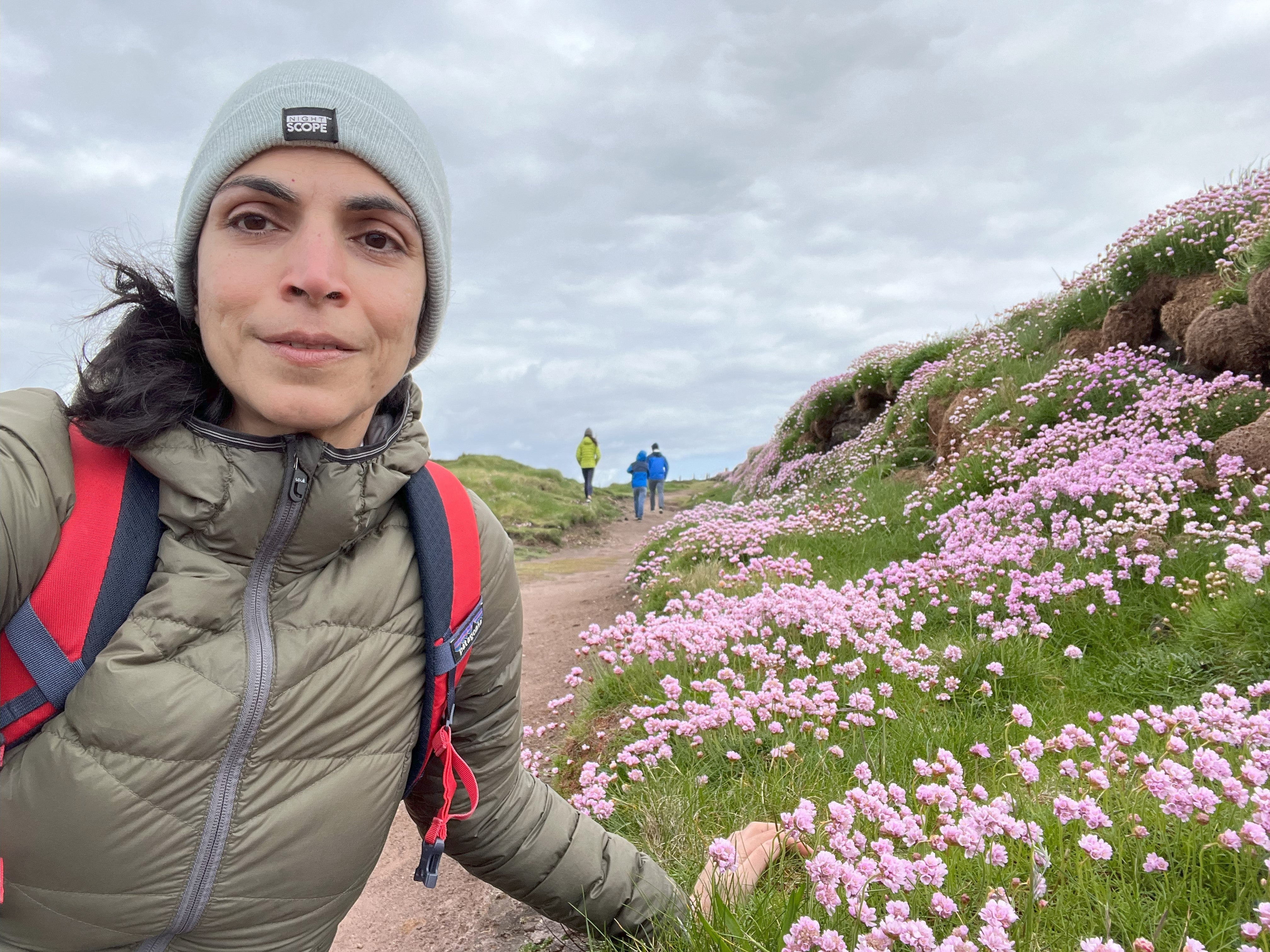
What inspired you to pursue research in pediatric emergency medicine?
Even as a pediatric emergency physician in an urban academic center, I don’t see a lot of critically ill kids. Sick and injured children are incredibly vulnerable to safety events because while these cases are thankfully rare, they cause a lot of stress for emergency medical service (EMS) providers who are more used to caring for adults than children. I observed that even with education and training, people can still be unsure of how to respond in emergency situations. I thought that real-time at-the-elbow support, through something like videoconferencing with a pediatric expert, could improve provider confidence and the safety and quality of care, and in turn, child outcomes.
What is the goal of your current project?
We recently received a grant from the National Institutes of Health (NIH) for a five-year multicenter, simulation-based randomized controlled trial to test the efficacy of teleconsultation with pediatric emergency physicians. We want to know if this can reduce measurable harm for critically ill infants and children receiving cared from EMS providers in ambulances. The technology used is simple and scalable. It is just a tablet device, like an iPad, mounted in an ambulance that connects to existing WiFi and cellular networks. This allows the physician to see what’s going on and be part of the team. This research will provide evidence on the benefits of telehealth tools, like videoconferencing, to improve prehospital care quality and patient safety for high-risk pediatric populations.
How does your research impact patients?
Technology can help emergency medical service providers get access to someone who has experience and expertise dealing with sick kids when out in the field or on route to the hospital. This access can support healthcare professionals during high stress situations and support the child and their family in getting the best care possible. The technology could also be implemented in a regional care model to support access to experts in health care deserts.
Media Contact:
gina.mantica@bmc.org en
en 
 Français
Français Deutsch
Deutsch Italiano
Italiano Español
Español Tiếng Việt
Tiếng Việt Kreyol ayisyen
Kreyol ayisyen